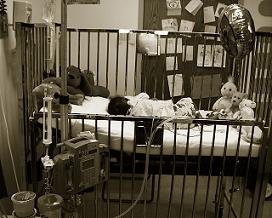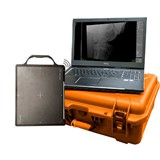The research facility, to be known as the Cure for Life Neuro-Oncology Group, will be led by renowned brain tumour researcher Dr Kerrie McDonald and based at UNSW’s Lowy Cancer Research Centre.
The $2.3 million funding will be used to drive research into malignant brain tumours – one of the deadliest forms of cancer – and develop the research group in Neuro-Oncology over the next five years.
The Cure for Life Foundation was established by neurosurgeon Dr Charlie Teo to help save the lives of people suffering from brain tumours, through advances in research and education in neurosurgery.
According to the Brain Foundation, more than 1,200 people die each year from malignant and benign brain tumours.
"There is no known cure for brain cancer, yet it has the greatest impact on society of all the cancers," said Dr Teo.
"As a neurosurgeon who sees dozens of patients with this disease each week, it's easy for me to be passionate about this issue – but it's not so easy for others. To find a researcher who has that same passion and vision is incredible and Kerrie McDonald's appointment is a major step toward finding a cure," Dr Teo said.
Formerly of the Kolling Institute of Medical Research, Dr McDonald was instrumental in establishing the Australasian Brain Tumour Bank.
Part of her research focuses on identifying genetic markers predicting which brain cancer patients will go on to be long term survivors.
Dean of UNSW's Faculty of Medicine, Professor Peter Smith, said the Cure for Life funding was a significant boost in the battle against the disease.
"Brain cancer has not seen the same improvements in diagnosis and treatments that have happened in other cancers over the past 30 years," Professor Smith said.
"The incidence of brain tumours is on the rise and it is still the most common life-threatening form of tumour in children. This funding will provide the support to help find a much-needed breakthrough."





















